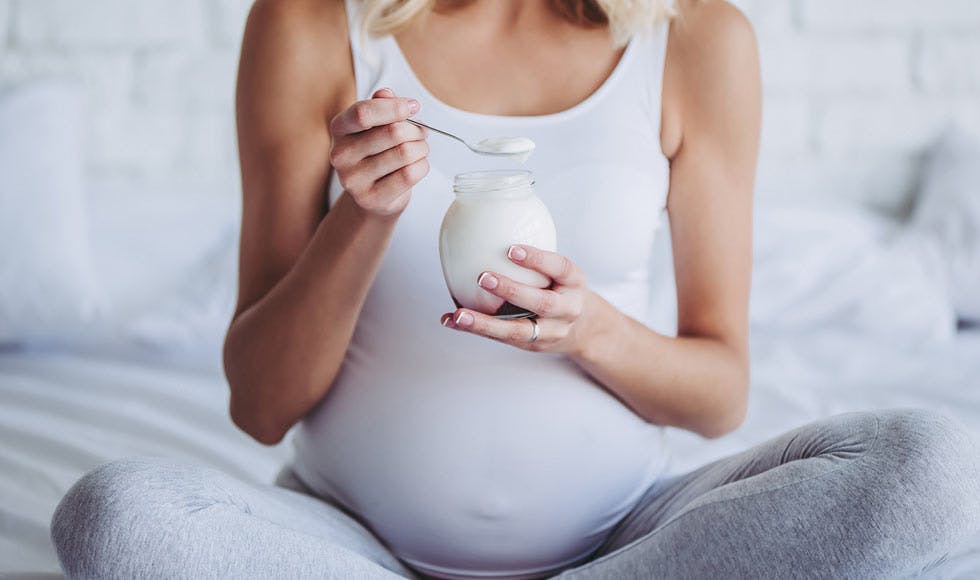
- Health hub/
- Resources for Pregnancy and Preconception/
- Five key factors that affect your fertility


1: Your age.
This is the most significant factor that affects a woman’s chance of having a baby. The potential to have children decreases as you get older and, although the exact age of the decline can vary between people, the chance of getting pregnant is generally much higher for women who are younger than 35. That’s because as you age, your eggs age too, so that their number and quality reduce over time. It means that while women who are younger than 30 have about a 20 per cent chance of falling pregnant naturally each month, by age 40, the chance falls to just five per cent each month.
What you can do:
While you can’t turn back the clock, being aware of how age can impact fertility means you can be proactive by potentially making different decisions based on how old you are, and also by knowing when it’s time to talk to your doctor about your options. If you’re older than 35 and have tried for six months to get pregnant, consider seeing your GP.
2: Your weight.
Being a healthy weight can increase your chances of conceiving. In comparison, it can take women who are either overweight or underweight longer to conceive. It’s because carrying too much or too little weight can affect levels of hormones that help to regulate the menstrual cycle.
What you can do:
Assess whether your weight is in the healthy range by calculating your Body Mass Index. Divide your weight (in kilograms) by your height (in metres), and then divide the answer by your height (in metres) again, to get your BMI. A BMI below 18.5 indicates underweight; 18.5 to 24.9 indicates a healthy weight range; over 25 suggests overweight; and over 30 indicates obesity.
3: Your lifestyle.
Smoking, drinking too much alcohol and potentially even consuming too much caffeine may all impact fertility. Even routinely and regularly missing out on quality sleep has been shown to impact how easily women find it to get pregnant.
What you can do:
Taking steps to boost your pre-conception health by making some key lifestyle tweaks, like quitting smoking and seeing your doctor for a general health check-up, is a great place to start. And if you’re having trouble sleeping, consider signing up to our four-week Restore your sleep action plan.
4: Your hormones.
There are a number of hormones that affect your fertility, including luteinising hormone, progesterone and gonadotropin-releasing hormone, and you need them all to do the right thing at the right time during your menstrual cycle to support your fertility. As you’ve just read though, even something as simple as your weight can affect how well these hormones function, and there are also a range of other health conditions that can cause hormonal changes.
What you can do:
As well as maintaining a healthy weight, it’s important to see your doctor if you suspect your hormones might be affecting your fertility, due to symptoms such as irregular periods or difficulty falling pregnant. If you’ve been trying to conceive for 12 months (or six months if you’re over 35), without success, it’s time to see your doctor. Likewise, if you have eight or fewer menstrual cycles per year, or your cycles are routinely shorter than 21 days or longer than 35 days, it’s a good idea to talk to your doctor.
5: Your stress levels.
Research shows that stress, when it’s ongoing, can reduce the likelihood of conceiving. One explanation for this is the fact that chronic stress can alter how the hypothalamus functions. If that gets disrupted, it can have a knock-on effect for various phases of the menstrual cycle.
What you can do:
Doing what you can to identify and simply eliminate the sources of stress in your life is ideal, but realistically it’s not possible to de-stress your life completely. Instead, using strategies such as problem solving, changing how you talk to yourself about situations, trying to keep things in perspective and organising your time can help. Actively practising relaxation by using techniques such as meditation and mindfulness has also been found to decrease stress.




